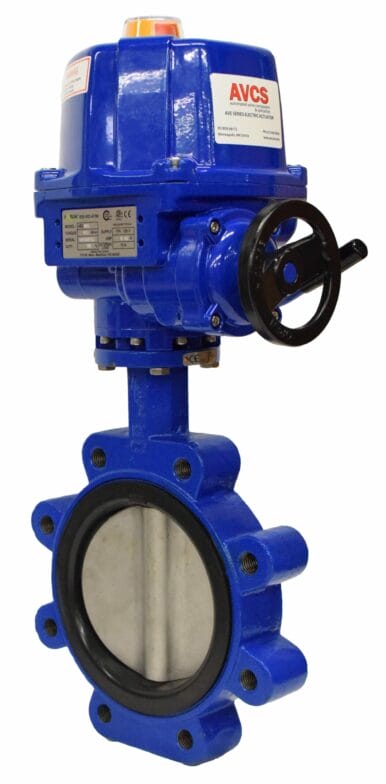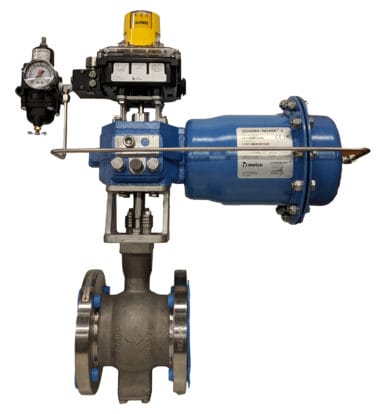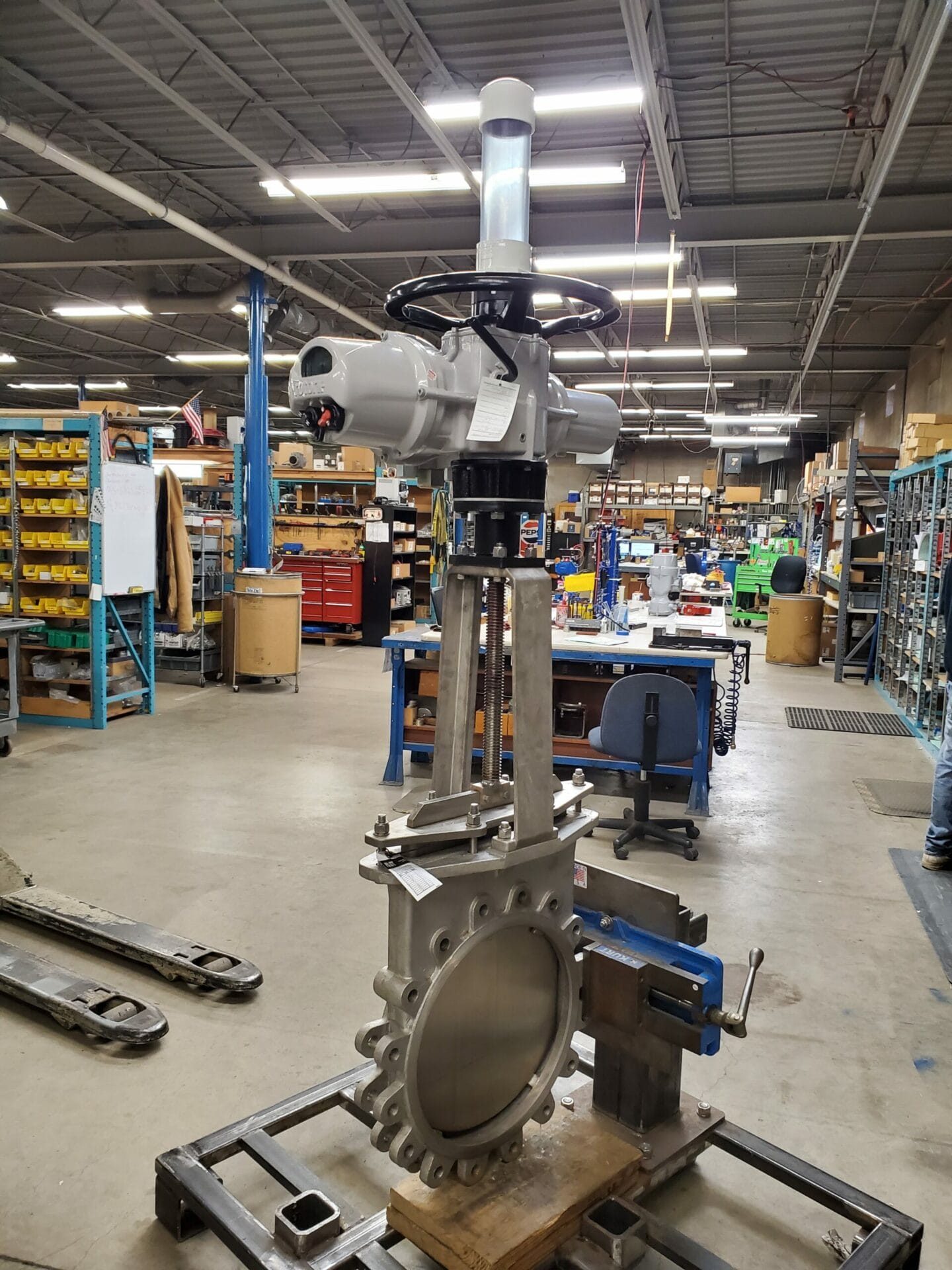
Isolation Valves

Kelair Dampers has a wide selection of isolation valves to serve a variety of purposes in multiple industries. These valves serve to interrupt the flow of gas, liquid, powder, or slurry in the event of an emergency or otherwise. By cutting off the supply of whatever material is being processed, workers have the opportunity to repair damaged pipes, resolve issues further down the line, and/or divert flow without the risk of losing materials and avoiding a hazardous situation.
Isolation valves are typically placed at specific points throughout a pipeline or system. Among the most common spots for isolation valves to be installed include places where pipes branch off in multiple directions or at junctions. They are found most frequently in oil and gas pipelines as well as chemical processing facilities and water or natural gas systems. For example, isolation valves in plumbing serve to allow for repairs to be made without shutting down the entire building’s water supply.


Understanding the Difference Between Ball and Gate Valves
The two most common forms of fluid or gas isolation valves are ball valves and gate valves. These are distinguished by the mechanism they employ to shut off the flow of materials. Isolation ball valves use a ball inside the valve with a bore in it. When the ball is turned so the bore lines up with the openings of the pipes, it allows gas or fluids to flow through it. Gate valves, on the other hand, are raised and lowered via a threaded valve stem. Gate valves are generally manually operated, however if they are electrically actuated, they typically require a multi-turn actuator. Gate valves are mostly seen in heavy industrial facilities that were originally built with them such as power generation plants and refineries. Ball valves are much more commonly used within the industrial space and although sizes over 8” can get costly compared to a gate valve, the ball valve remains superior for isolation.


Whatever your needs, Kelair Dampers is your best choice in gas or water isolation valves for your specific application. To learn more about how we can leverage our expertise for you, get in touch with us today.



